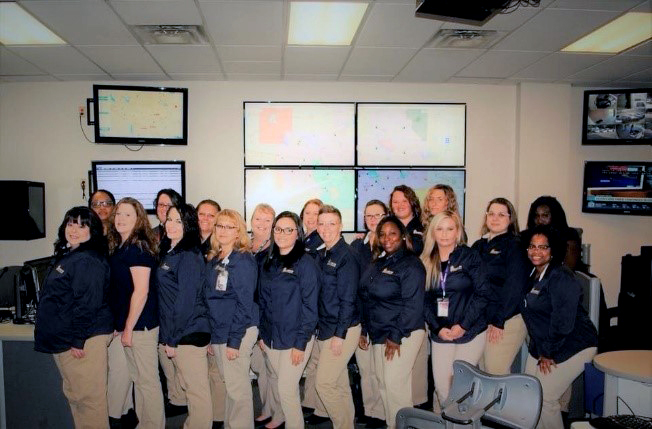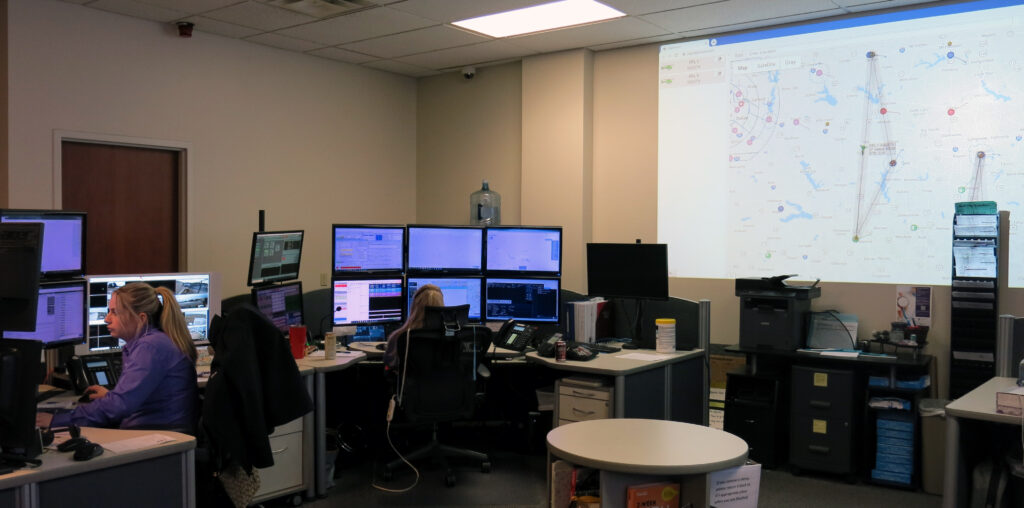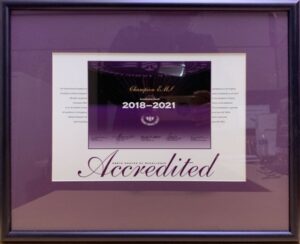
What To Expect When You Call 911


If you call 911 for a medical emergency within the CHRISTUS EMS service area, you will reach a medically-trained Communications Officer. Each member of the CHRISTUS EMS Communications Team is certified by the International Academies of Emergency Dispatch (IAED). The CHRISTUS Communications Team is proud to carry the designation as an Accredited Center of Excellence (ACE).
The telecommunications professional that answers your call will obtain information about the emergency and instruct you in techniques ranging from basic first aid to life-saving CPR while the ambulance is on the way. If needed, they will stay on the line with you until a CHRISTUS EMS ambulance arrives. Always remember that the questions being asked are not delaying the ambulance’s dispatch or arrival. The questions are to evaluate the emergency, provide the proper instructions to care for the patient during the ambulance’s response, and give the paramedics the most information possible.
When you call 911, be prepared to provide the following information:
- Where is Assistance Needed?
 This includes:
This includes:
- Your street address, to include the city (many towns in East Texas have streets named alike)
- Apartment number, floor, suite number
- Color of your house
- Nearest intersection or cross-street
- Your Telephone Number
- Know the phone number from which you are calling. Be prepared to repeat the number. We want to be sure the information the officer obtained is accurate.
- Wireless 911 Calls — When you place a wireless 911 call it is not the same as calling from a land-line. While wireless technology is improving, we will not electronically receive an exact location or phone number of the caller.
- Information About the Emergency
- Who? You will be asked to identify who needs help and what type of help needs to respond. We will ask for the name and the age of the patient, etc.
- Other questions that would be asked are:
- Is the patient awake (conscious)
- Is the patient breathing?
- Other questions that would be asked are:
- What? Details about the emergency, such as description of injuries or symptoms being experienced by a person having a medical emergency. The 911 call taker will be determining the chief complaint or reason for the call? (i.e.: difficulty breathing, bleeding, chest pains, general illness, etc.) What is the exact problem? Try to remain calm. We know that in an emergency situation you are under significant stress. Distraught callers can be hard to understand. Be assured that we are here to help and that the information asked for is important.
- When? It makes a difference if the medical incident is occurring right now or happened earlier. Time frame is important.
- Who? You will be asked to identify who needs help and what type of help needs to respond. We will ask for the name and the age of the patient, etc.
Be Prepared and know that you will be asked to repeat important location and call back information!! This will help our responders find your emergency location in an expedient manner. Be sure to know your location. Please pay attention to your surroundings. This will allow CHRISTUS EMS emergency crews to get to you as fast as possible.
Finally, do not hang up until the Communications Officer instructs you to and always ask us to stay on the line if it would make you feel more comfortable.
Important Things to Know About Emergency Calls
- If you dial 911 by mistake, or if a child does when no emergency exists, do not hang up — that could make 911 officers think that an emergency exists, and possibly send responders to your location. Instead, simply explain to the officer what happened.
- Cell phone 911 calls do not always provide a location and call back number to the 911 center. Be sure to accurately and clearly state where you need the ambulance and at what number we can reach you if we are disconnected.
- The questions do not delay the response of an ambulance. They are to give responders an accurate picture of your situation and enable the Communications Officer to provide you with instructions until they arrive.
- Be prepared to follow any instructions the Communications Officer gives you. Our Communications Center is equipped to provide you with instructions on exactly what to do until a ambulance arrives. Instructions may include step-by-step guidance for bleeding control , aid for someone who is choking, or needs CPR.
Helpful Things to Have
- Keep the following information easily accessible on all household members:
- Name
- Date of birth
- Home address
- Medical conditions
- Allergies
- Medications taken regularly
- Emergency contacts
Helpful Things to Do
- Use three inch reflective house numbers that can be seen from the street. If possible, put numbers on your house and your mailbox.
- Try not to panic, and try to speak slowly and clearly.
- Answer the Communications Officer's questions patiently and completely.
- Understand that there is a reason for every question asked.
- Never hang up on 911!

